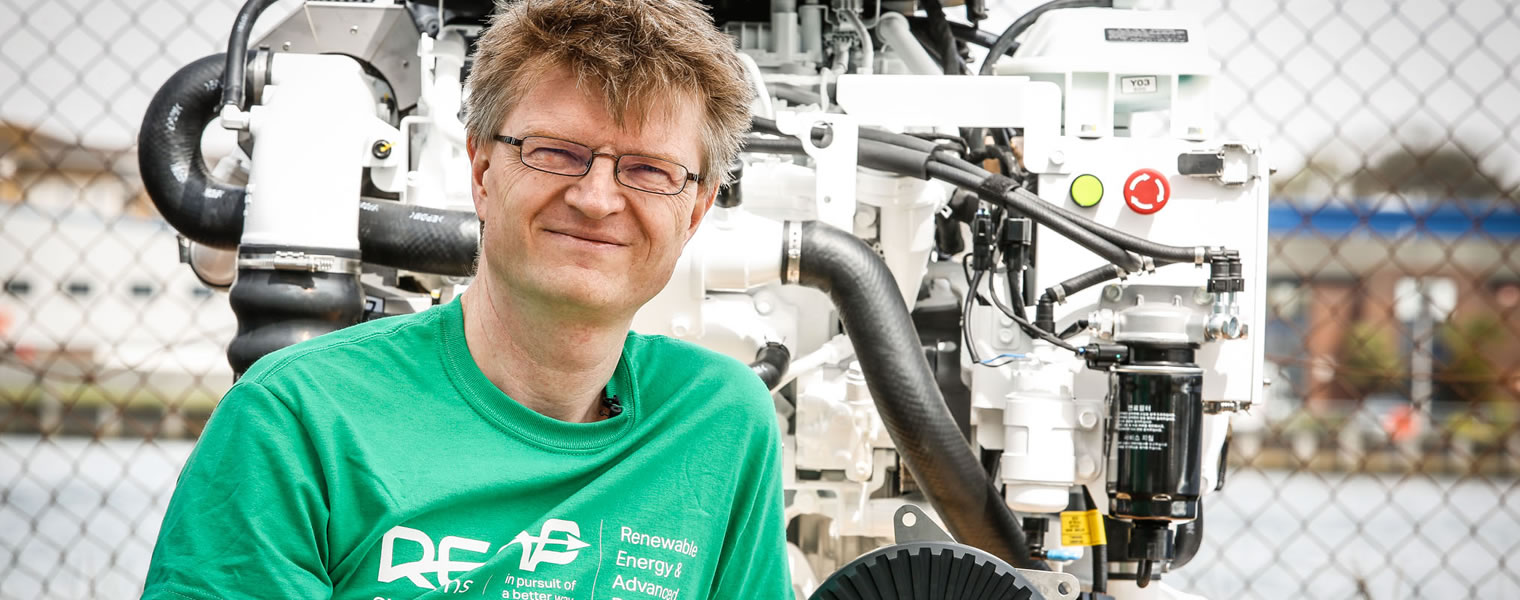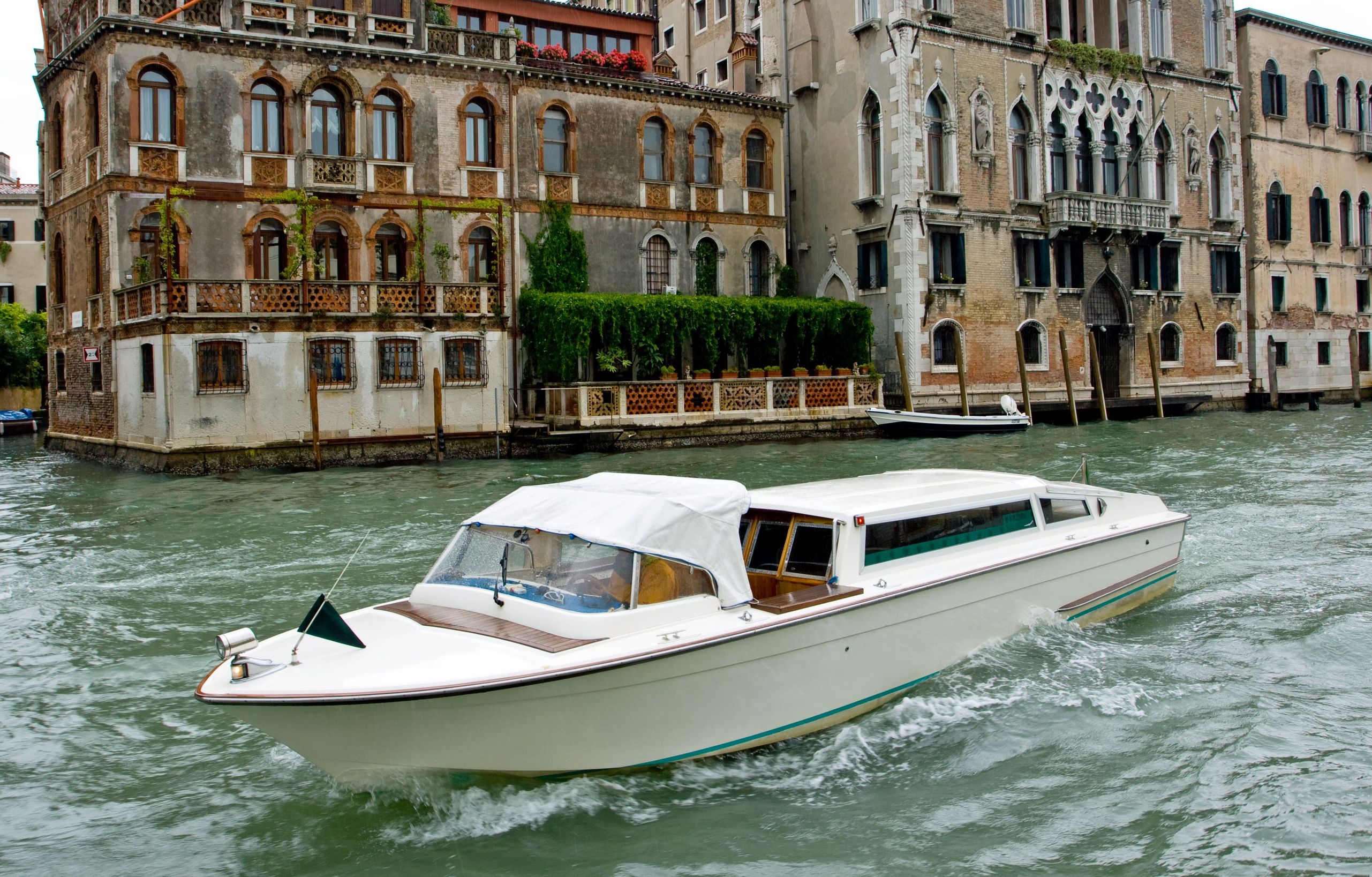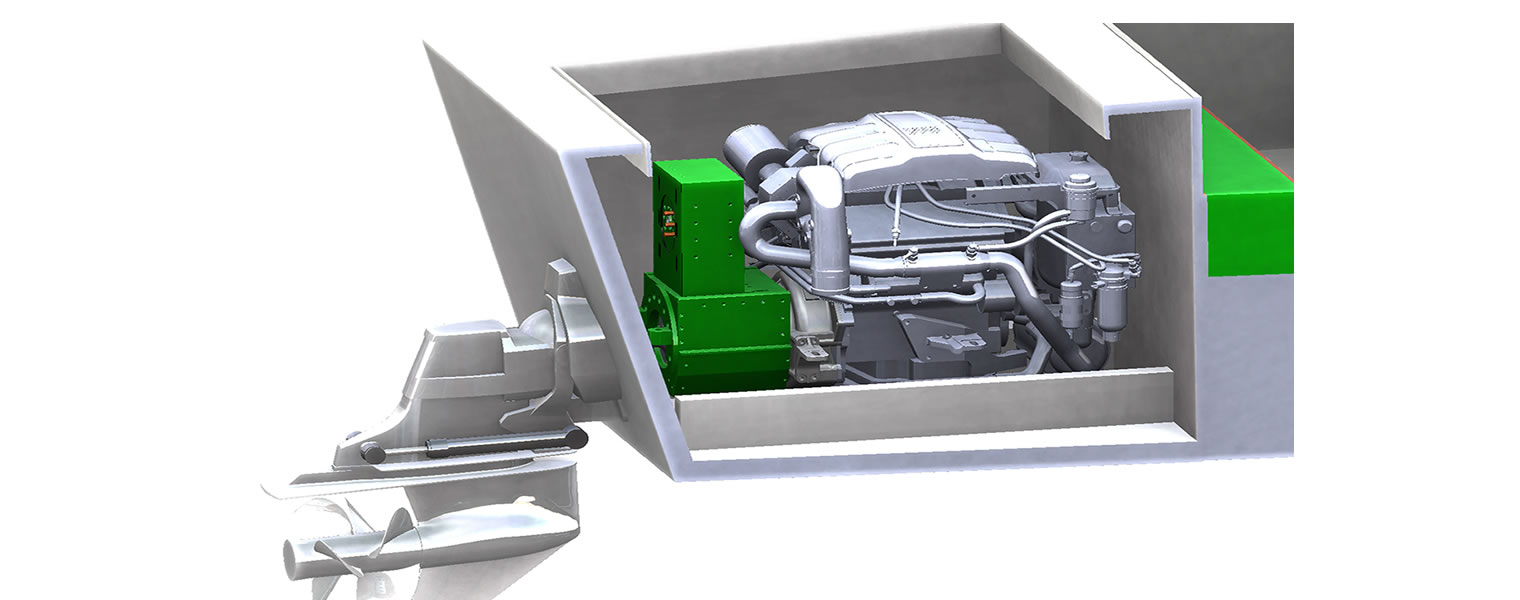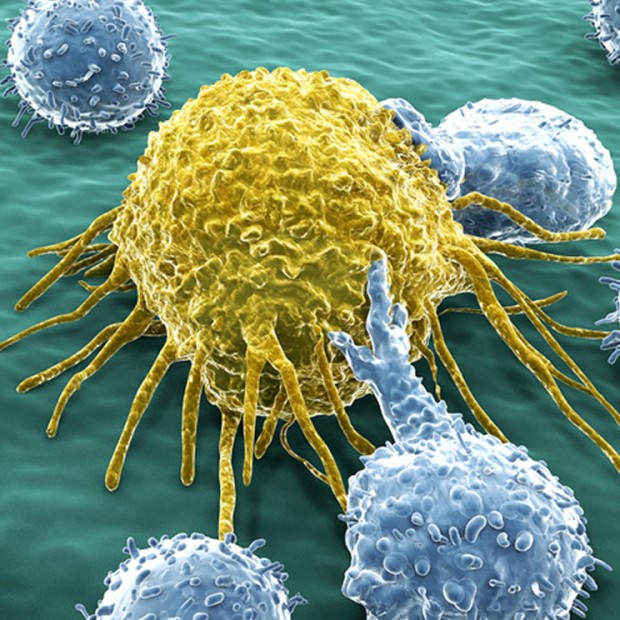Hartley News Online Your alumni and supporter magazine
A Southampton company, supported by engineering researchers from the University, has developed an innovative hybrid diesel-electric boat engine that could revolutionise transport in Venice by cutting emissions and helping to protect the city’s unique but fragile architecture.
Alumnus Dr Dennis Doerffel (PhD, 2008) and Professor Suleiman Sharkh of the University discuss the engine technology, the challenges of sustainable innovation and the importance of University-industry links.
Dr Dennis Doerffel, Founder and Chief Technology Officer, REAPsystems Ltd
I founded REAPsystems in 2003 to apply the knowledge from my PhD in hybrid electric technologies to industry. What drives me is the belief that we’ve built our quality of life on foundations that are unsustainable; we have to work together to change things – including the way we generate and use energy – so that we are on a more sustainable footing.
With support from University researchers, REAPsystems has developed a hybrid diesel-electric engine that can be dropped into existing diesel boats. The system uses the latest diesel engine technology paired with a high-power, compact and efficient electric motor and inverter as well as a modern lithium-ion battery and advanced system control unit.
This technology really makes sense for a city like Venice, where around 20,000 leisure craft and 550 taxi boats serve millions of visitors each year. In the smaller canals electric power can be used, cutting out noise, vibrations and emissions. For longer runs – such as water taxi trips to the airport – the diesel engine automatically takes over and the electric motor works as a generator to recharge the batteries.
Fuel efficiency is the easiest benefit to put a figure on – we think the engine will use at least 50 per cent less diesel – but there are lots of other advantages. The reduction in air pollution, noise and vibrations, for example, will improve the environment for residents and visitors, enhance the health and safety of boat operators and help to protect the fabric of the city’s ancient buildings.
However, as with all new technologies, people won’t believe it until they see it, so we are aiming to take our demonstration water taxi to Venice to convince the city’s boat operators and decision makers that the new engine is reliable and efficient. The local authorities there are discussing new emission regulations; if we can show them what’s possible with this new engine we can hopefully influence the regulations and give hybrid technologies a boost.
Mutually-beneficial relationship
Our relationship with the University is continuing in a number of ways. We recently succeeded in gaining a £1.3m Innovate UK consortium grant to develop this technology for larger boats, with the University as one of the project partners. We’re also involved in the Centre for Doctoral Training in Energy Storage and its Applications, run by the universities of Southampton and Sheffield. This means we can help the University to identify real-life industry problems to tackle through research, as well as identifying potential future employees.
Getting green technologies to market is a huge challenge, particularly for a small business like ours. You’ve got to invest in getting the quality and reliability of your product right, at the right price for consumers.
Uncertainty caused by changes in government sustainability policies, perceptions of what a small business can deliver and finding staff with the right skills are just some of the issues we face. I’m keen to continue working with the University to help it to produce graduates with the practical design and project management skills that will help us achieve our goal of creating a more sustainable world.





